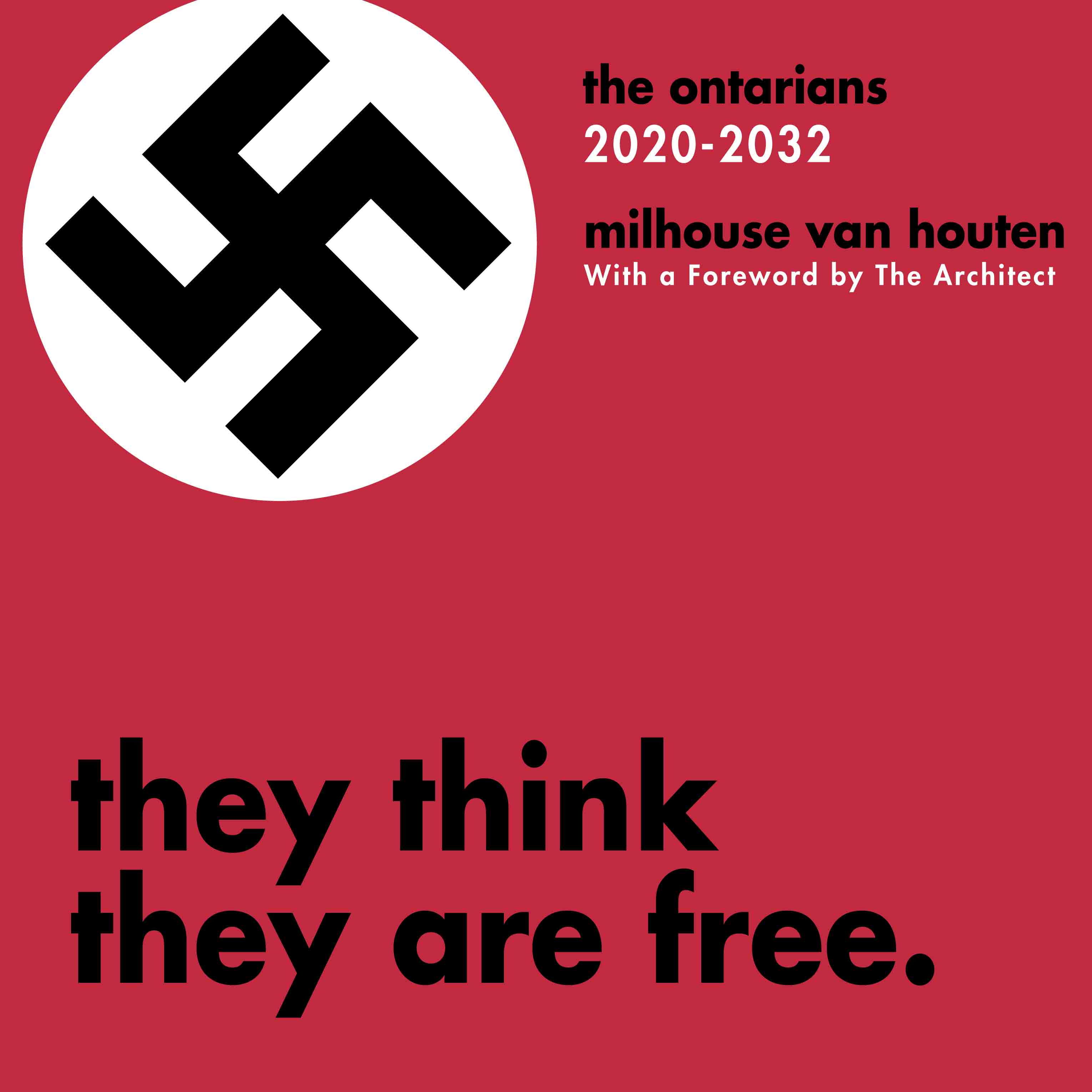Fear is the invisible guest at every negotiating table. Negotiation by definition creates the premise that you may not get what you want.
Some use confidence or bravado to hide their fears –an animated display. Others lock every piece of body language up –use the cold stare– in order to give nothing away. We think others must not sense our fear! Hence, bluffing is strategy no. 1. Someone who acts like they have no fear seems harder to influence.
The counter to this is that fear is used as a lever so often. Fear is a defence mechanism, and it’s primal. To influence people, just use fear. Political campaigns target fear. They want a vote, not a relationship. They will threaten, focus on the negative, and exaggerate the loss. As a strategy it seems so transparent, so predictable, and yet so successful.
There is no getting around it –when people face loss, they feel the fear. This may mean they fight back in anger, or concede, or withdraw, or lie, or misdirect. Both experienced and inexperienced negotiators feel fear –its just a matter of how much is at stake. When it matters, when its huge, fear will be present. And the presence of fear offers you a choice –to exploit or build relationship.
Effective Negotiation Skills (ENSI) can help you with your fears, and to recognize fears that others may feel, and then to know to what to do about it.
At ENSI, trust our process. Overcome your fear. Have a robust model to refer to, that offers you all the strategic options you need.
It is process-driven, and works across industries, big and small, with experienced and inexperienced negotiators.
If you want to become elite, start here, and join me at our Open Courses.
Fear is the invisible guest at every negotiating table. Negotiation by definition creates the premise that you may not get what you want.
Some use confidence or bravado to hide their fears –an animated display. Others lock every piece of body language up –use the cold stare– in order to give nothing away. We think others must not sense our fear! Hence, bluffing is strategy no. 1. Someone who acts like they have no fear seems harder to influence.
The counter to this is that fear is used as a lever so often. Fear is a defence mechanism, and it’s primal. To influence people, just use fear. Political campaigns target fear. They want a vote, not a relationship. They will threaten, focus on the negative, and exaggerate the loss. As a strategy it seems so transparent, so predictable, and yet so successful.
There is no getting around it –when people face loss, they feel the fear. This may mean they fight back in anger, or concede, or withdraw, or lie, or misdirect. Both experienced and inexperienced negotiators feel fear –its just a matter of how much is at stake. When it matters, when its huge, fear will be present. And the presence of fear offers you a choice –to exploit or build relationship.
ENSI can help you with your fears, and to recognize fears that others may feel, and then to know to what to do about it.
At ENSI, trust our process. Overcome your fear. Have a robust model to refer to, that offers you all the strategic options you need.
It is process-driven, and works across industries, big and small, with experienced and inexperienced negotiators.
If you want to become elite, start here. Join us at our Open Courses.




Comments